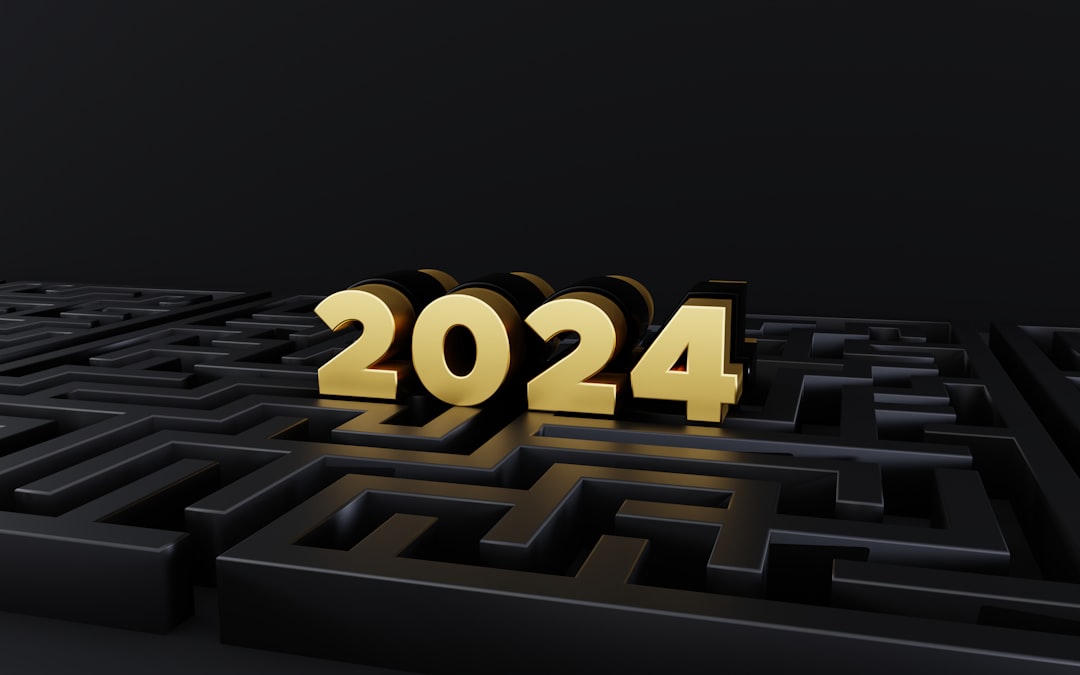No products in the cart.
Navigating New Marketing Frontiers in 2025
Uncover the key marketing trends and strategies shaping 2025. Join us as we explore actionable insights for success in the evolving landscape.
New York, USA — As we step into 2025, the marketing landscape is evolving at an unprecedented pace. Brands are not just competing for attention; they are vying for trust, loyalty, and authenticity. With consumers becoming increasingly discerning, companies must adapt their strategies to meet the demands of a new generation.
One significant trend is the rise of personalized marketing. According to a report from McKinsey, 71% of consumers expect companies to deliver personalized interactions, and 76% are frustrated when this doesn’t happen[1]. This shift is pushing brands to leverage data analytics and artificial intelligence to create tailored experiences. For instance, Spotify’s annual Wrapped campaign uses listener data to provide personalized insights, fostering engagement and loyalty.

Moreover, the integration of social commerce continues to reshape how consumers shop. Platforms like Instagram and TikTok are enhancing their shopping features, allowing users to purchase products directly from posts. In 2023, social commerce sales reached $1.2 trillion globally, and this figure is projected to grow to $2.9 trillion by 2026[2]. This trend highlights the importance of creating visually appealing content that drives direct sales while maintaining a seamless user experience.
The Sustainability Imperative
Sustainability is no longer a buzzword; it’s a necessity. Consumers are increasingly aware of their impact on the environment and are seeking brands that align with their values. A 2023 survey by Nielsen indicated that 73% of millennials are willing to pay more for sustainable products[3]. Companies that prioritize sustainability in their marketing efforts not only enhance their brand image but also attract a loyal customer base.
Brands like Patagonia have successfully integrated sustainability into their core messaging.
Brands like Patagonia have successfully integrated sustainability into their core messaging. Their commitment to environmental responsibility resonates with consumers, fostering a strong community of advocates. In 2025, we can expect more brands to adopt similar strategies, emphasizing transparency and ethical practices.
Technology’s Role in Marketing Transformation
The integration of advanced technologies is revolutionizing marketing strategies. Artificial intelligence (AI) and machine learning are at the forefront, enabling brands to analyze consumer behavior and predict trends. A report by Gartner suggests that by 2025, 80% of marketing organizations will use AI for customer interactions[4]. This shift allows for more efficient targeting and improved customer experiences.
Additionally, the rise of augmented reality (AR) and virtual reality (VR) is creating immersive experiences for consumers. Brands like IKEA have embraced AR technology, allowing customers to visualize how furniture will look in their homes before making a purchase. As these technologies become more accessible, we can anticipate a growing number of brands incorporating them into their marketing strategies.
The Future of Influencer Marketing
Influencer marketing continues to evolve, with micro and nano influencers gaining traction. Brands are recognizing the power of these smaller influencers, who often have more engaged audiences. According to a study by Influencer Marketing Hub, campaigns with micro influencers can yield up to 60% higher engagement rates compared to those with larger influencers[5]. In 2025, we can expect brands to shift their focus towards building long-term relationships with these influencers rather than one-off partnerships.
As the marketing landscape continues to change, companies must remain agile and responsive to these trends. The ability to adapt will be crucial for success in an increasingly competitive environment. Organizations that invest in data analytics, prioritize sustainability, and leverage emerging technologies will not only thrive but also set new standards in the industry.
Artificial intelligence (AI) and machine learning are at the forefront, enabling brands to analyze consumer behavior and predict trends.
In this dynamic era, the marketers who embrace change and innovate will lead the charge into a future where consumer expectations are higher than ever. The question remains: is your brand ready to meet the challenge?











